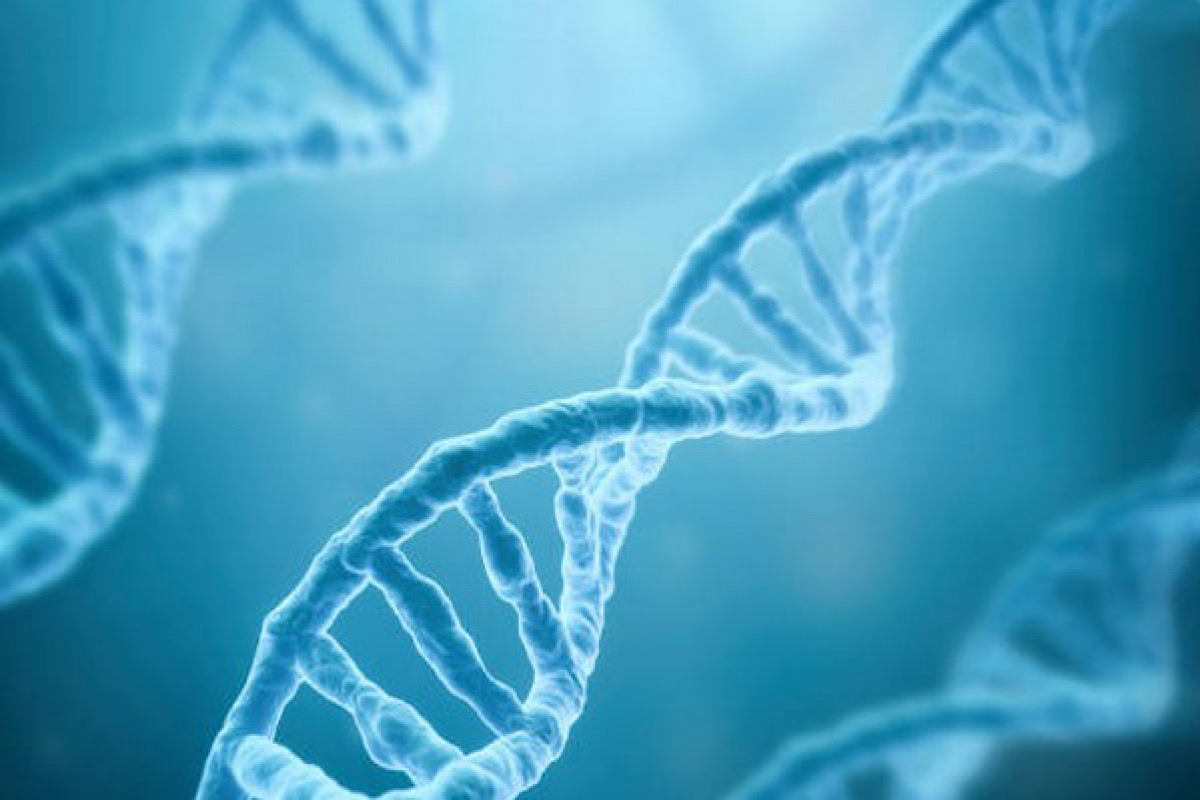US scientists have developed a new CRISPR toolkit to boost the treatment of genetic disorders.
CRISPR (Clustered Regularly Interspaced Short Palindromic Repeats) is a Nobel Prize-winning gene-editing tool widely used by scientists to cut and modify DNA sequences to turn genes on and off or insert new DNA that can correct abnormalities.
Advertisement
Using an enzyme known as Cas9, CRISPR cuts and makes changes in the DNA.
The updated toolkit, developed by scientists from the University of South California, will allow CRISPR to precisely target the specific areas requiring treatment.
The research, published in the journal Nature Communications, will be applied to cancer immunotherapy.
“CRISPR is revolutionary,” said Peter Yingxiao Wang, at the varsity.
“You can do genome or epigenome editing right in the cell nucleus — so that essentially, you can treat genetically-related diseases. But we are pushing it one step further to make it controllable. Instead of continuously editing the genome, we can now control it to be activated at a specific location and at a specific time using a non-invasive remote-controlled ultrasound wave. That’s the breakthrough,” Wang added.
In the study, the team used cancer immunotherapy to demonstrate the power that focused ultrasound can add to the CRISPR toolbox.
With this, the team harnesses both focused ultrasound CRISPR and immunotherapy to eradicate cancer cells in mouse studies.
Wang said it was a tool that could be applied to a vast range of genetic disorders, diseases and autoimmune conditions.
“This is the first study that provides a very comprehensive, ultrasound-controllable CRISPR toolbox to knock out, activate, or silence a specific gene,” Liu said.
“Combining that with immunotherapy, we showed enhanced tumor treatment in mice.”
Turning non-invasive ultrasound waves into a precision medicine powerhouse, Wang said that one of the current disadvantages of CRISPR is that once it is activated and delivered into the body, it can continue its gene-editing function continuously.
“With a continuous expression, this will lead to the immunogenicity in humans because a human body will recognise the Cas9 positive cells and attack these kinds of cells,” said Longwei Liu, from Wang’s Lab.











